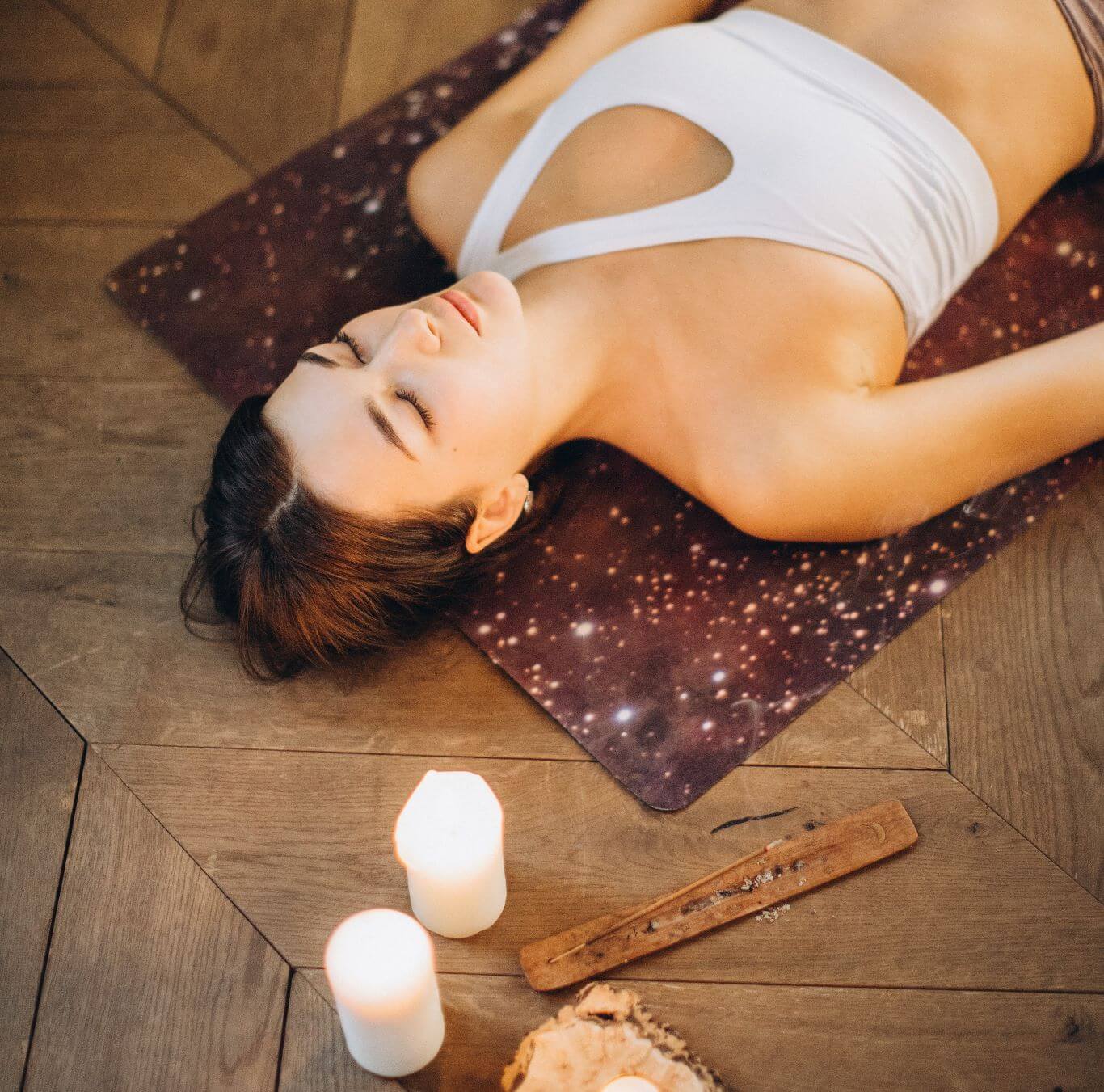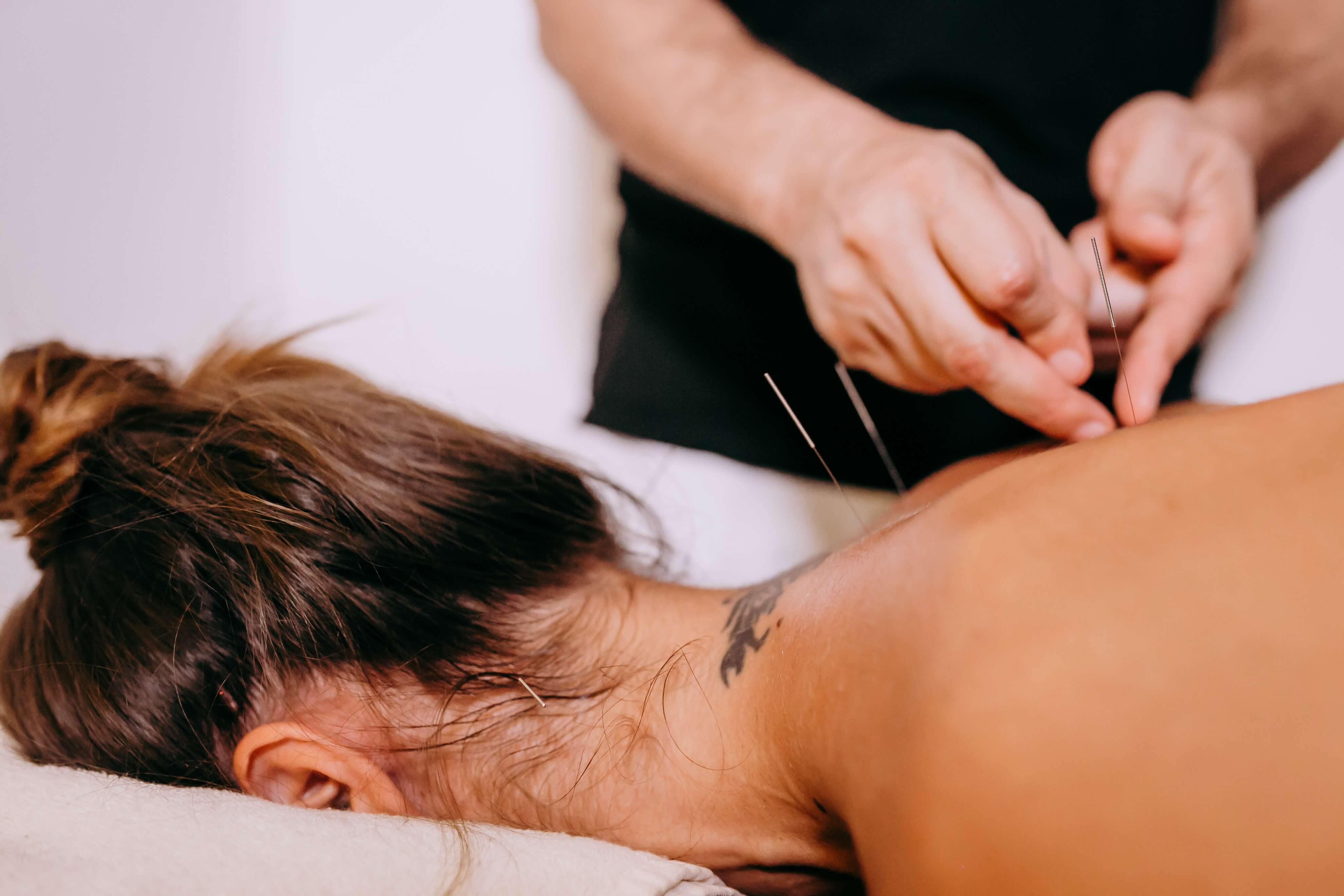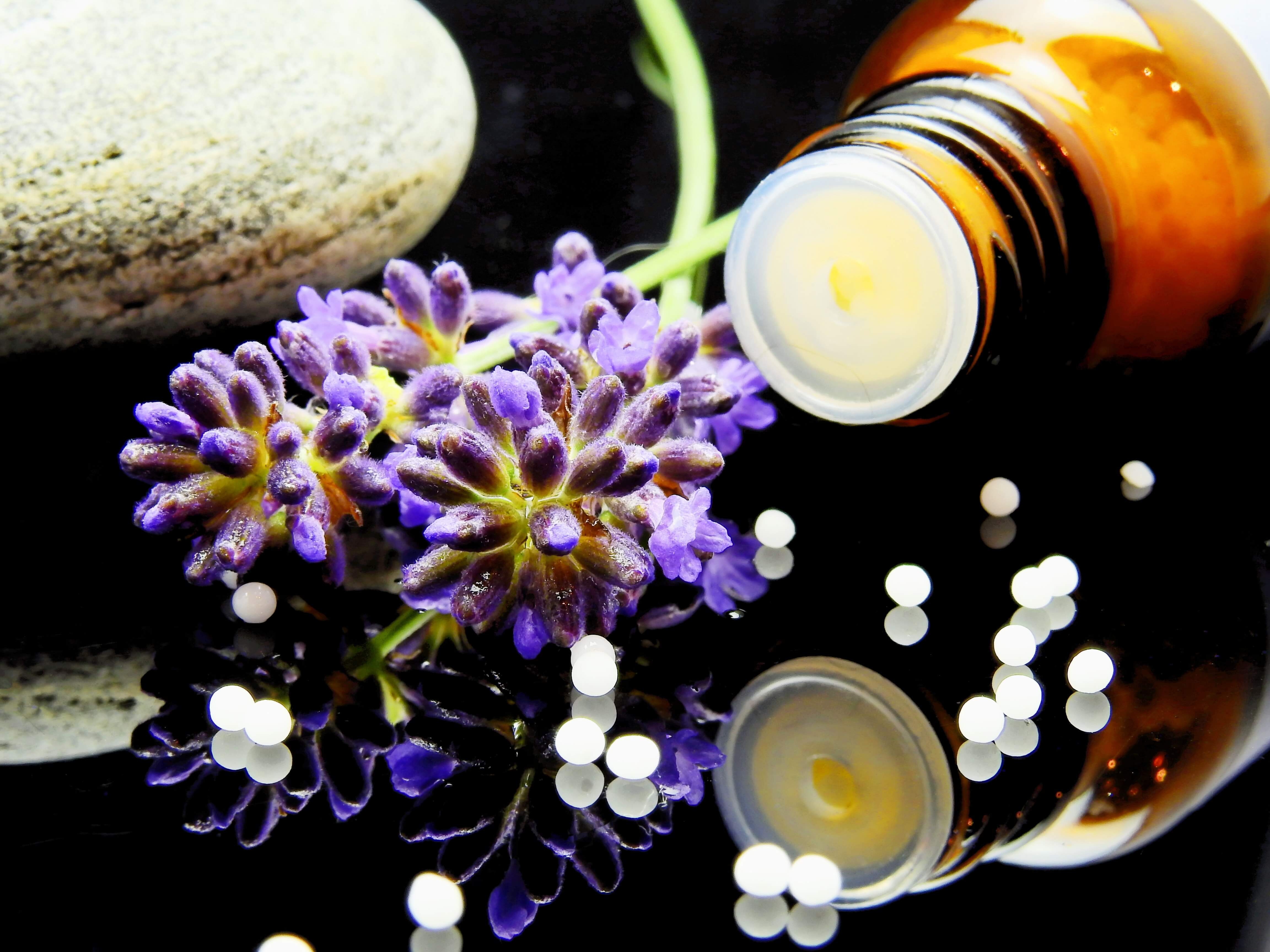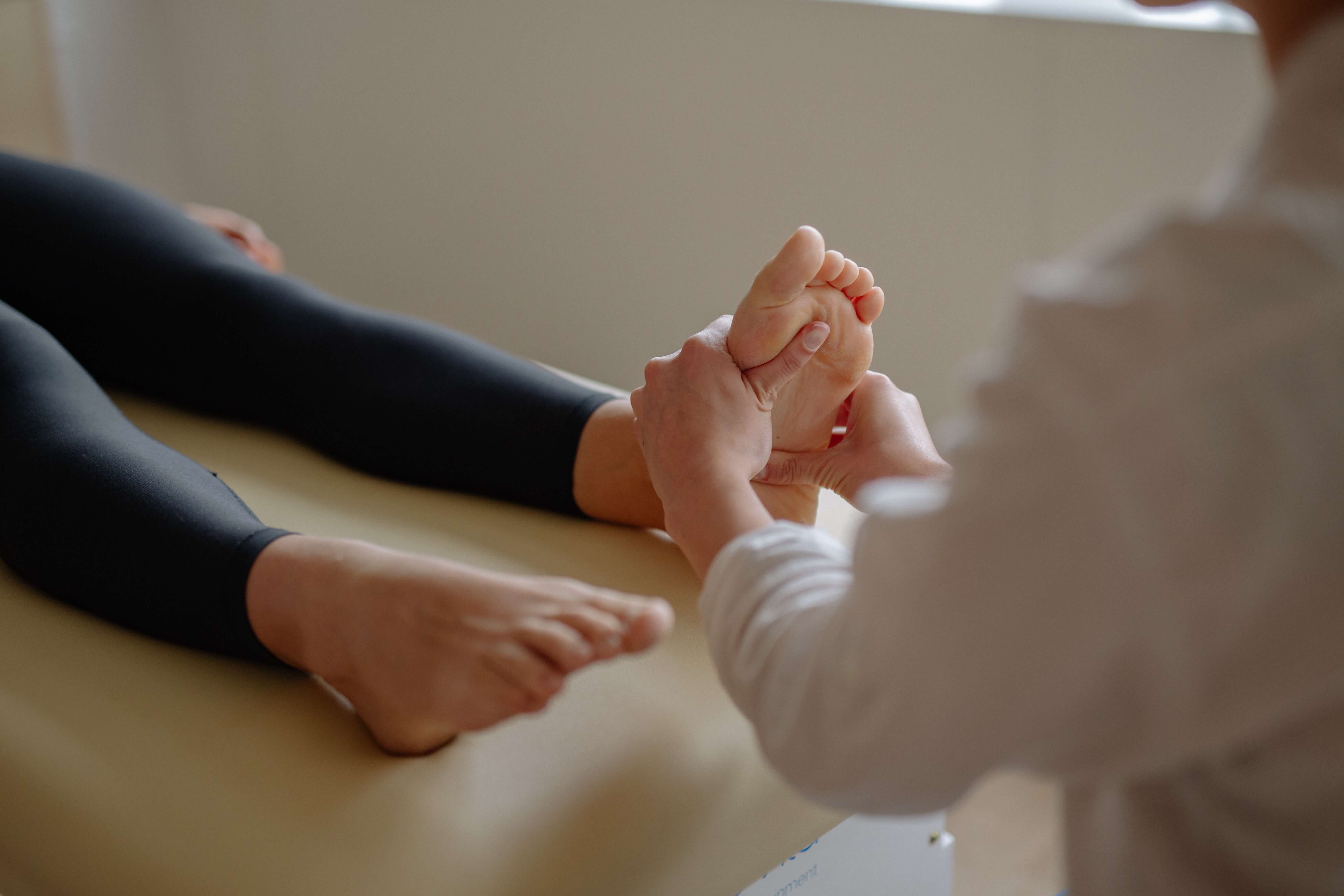What Is Holistic Therapy?

What Is Holistic Therapy?
Holistic therapy is the name given to a category of treatments that aim to improve people’s well-being by addressing their whole, rather than targeting a specific problem. It typically considers mental, physical, and spiritual factors of health, and can involve both traditional and alternative treatments.
Holistic therapists, the practitioners of holistic therapies, view the human body and mind as one interconnected system. Traditional medicine is largely prescriptive in that it targets specific conditions. Holistic therapy, on the other hand, strives to improve overall wellness through interventions that aim to help people heal and thrive on a deeper level.
This explains the name – the word ‘holistic’ comes from the Greek ‘holos’, which translates directly as ‘whole’. The category of treatments is also sometimes known as complementary and alternative medicine (or CAM). It has a long and storied history, potentially stretching back as far as 5,000 years ago.
And, while it’s typically not recommended through the public healthcare system due to the lack of concrete research directly relating it to improved health, there are plenty of people who integrate holistic therapies as part of their broader health and wellbeing routine. In fact, as of 2012, there were an estimated 9 million people in the UK using complementary or alternative medicine.
If you’re interested in learning more about holistic therapy, including what types exist and what people use them for, read on!
Types of holistic therapy
There are a range of different holistic therapies available, each with its own unique methodologies and aims. They are generally complementary, in that they can be applied together for a combined approach, but are also available as separate treatments. Some of the most popular holistic therapies include:
Acupuncture
Acupuncture is an alternative treatment deriving from ancient Chinese medicine that involves penetrating the skin with thin metal needles to stimulate the central nervous system. These needles are inserted at ‘pressure points’ – which the traditional form interpreted as points around which a flow of energy called qi (pronounced ‘chee’) circulates.
The traditional theory behind this therapy is that the flow of qi is responsible for health and wellbeing, and the practice of acupuncture facilitates it. More modern Western interpretations have a more medical view, positing that acupuncture stimulates sensory nerves under the skin and causes the body to release pain-relieving endorphins which are responsible for the potential benefits.
Acupuncture is one of the more widely studied holistic therapies, and some research seems to indicate that it can have proven benefits including pain relief, improvement in post-stroke communication, and even a reduction in dementia symptoms. The NHS makes limited use of acupuncture, and it is available through the public healthcare system in some cases. However, most treatment is carried out privately.

Aromatherapy
Aromatherapy, sometimes known as essential oil therapy, is a holistic treatment that proposes the use of natural plant extracts as stimulants to promote health and wellbeing. The essential oils used in aromatherapy are typically applied topically, or their scent is inhaled through the use of a diffuser or dispersal in a bath.
Aromatherapists believe that the essential oils stimulate smell receptors in the nose, which send messages through the nervous system to the brain, and particularly the amygdala, or emotional centre. Aromatherapy is therefore typically applied as a complementary medicine for use against conditions including anxiety, depression, and insomnia.
There is no conclusive evidence of aromatherapy producing positive results as a cure for illnesses, but studies show mixed results about its efficacy as a mood lifter or stress reliever. One study, for instance, found that lemon oil balm reduced agitation in patients with dementia.
Homeopathy
Homeopathy, also known as alternative medicine, is one of the more popular holistic therapies. It revolves around a central principle that ‘like cures like’, and is applied through liquid drops, tablets, or pellets that contain a highly-diluted dose of an ingredient that is related to the condition being treated.
Homeopathic remedies are created through a process called ‘potentization’, which involves the central ingredient being mixed with water and diluted to the point where no measurable amount of the active ingredient remains. Homeopaths believe, however, that the healing essence is transferred to the remedy. They can be used as a complementary treatment for a wide range of health issues including allergies, migraines, depression, fatigue, and IBS.
A comprehensive review of 1,800 studies carried out by Australia’s National Health and Medical Research Council reached the conclusion that there was ‘no good quality evidence to support the claim that homeopathy is effective in treating health conditions’. However, the Homeopathy Research Institute estimates that up to 6 million people in the UK use homeopathic remedies, and many people report anecdotal benefits.

Massage therapy
Massage therapy is another holistic therapy that involves a specialised, trained, and often licensed professional masseuse applying physical touch and soft tissue manipulation to promote holistic benefits. There are a variety of forms of massage therapy, including Swedish massage, deep tissue massage, and sports massage, each with its own unique aims.
Massage therapists use a range of different techniques to achieve results. The theory behind massage is generally seen as less spiritual than some other holistic therapies. Most tend to believe that it simply increases blood flow to the targeted areas, speeding up the delivery of nutrients and removal of metabolic waste to facilitate healing or recovery.
A medical review of a range of studies into the potential benefits found that massage therapy has been related to results including decreased back, neck, and shoulder pain, migraine relief, and a decrease in anxiety in cancer patients.
Reflexology
Reflexology is a treatment that revolves around the application of pressure to areas on the feet, hands, or ears. It also derives from traditional Chinese medicine and the idea of qi, but focuses on specific areas where pressure points correspond to specific organs or bodily systems. These areas are mapped on charts, where the big toe might be connected with the brain, for instance.
Similarly to acupuncture, the original theory behind reflexology revolved around the idea that when the flow of qi is interrupted, manual intervention through applied pressure can unblock it. More modern theories interpret the potential benefits as the result of touch calming the nervous system, promoting relaxation as other forms of massage do.
There isn’t a wealth of research supporting reflexology’s efficacy, but some studies and meta-analyses do seem to indicate it can have recorded benefits including improved blood flow and reduced pain. One study in particular found that the application of reflexology on patients in Malaysia could have contributed to a 31% decrease in back pain compared to a control group.

What do people use holistic therapy for?
Holistic therapy is hugely diverse, made up of a range of different treatments which can each potentially be used to treat a variety of conditions or symptoms. However, it seems to most often be used as a complementary approach to address:
- Pain
- Addictions
- Anxiety
- Depression
- Emotional issues
- Stress
- Trauma
Due to the lack of research showing conclusive positive effects from holistic therapies, they will not typically be recommended as a first-line treatment for a serious condition. Instead, as the name complementary medicines implies, they are often used as part of a broader approach that also includes traditional treatments or medicines.
Should I use holistic therapy?
Whether you choose to seek holistic therapy depends on what it is you’re looking for. Some people integrate holistic therapies into their life on an ongoing basis, whether to promote wellbeing or prevent ill health, while others use it reactively seeking pain relief or other benefits.
Before you decide whether to use holistic therapy, and especially if its for a serious medical condition, it’s generally advised that you consult with a medical professional. However, if you’re already convinced that you want to try it, you can find holistic therapists of all sorts near you with My Health Assistant.
Recent posts
- How Coaching Can Support ADHD: Exploring Options Beyond The NHS
- Understanding ADHD Assessments: What To Expect During Diagnosis
- What Are The 4 Stages of COPD?
- What is Musculoskeletal Physiotherapy?
- What Are The Most Important Health Screenings For Men?
- What Are the Most Important Health Screenings for Women?
- What are the Benefits of Vitamin B12 Injections?
- Can A Chiropractor Help With Sciatica?
- Unlocking the Truth About Private Healthcare
- Is my portion size correct?

